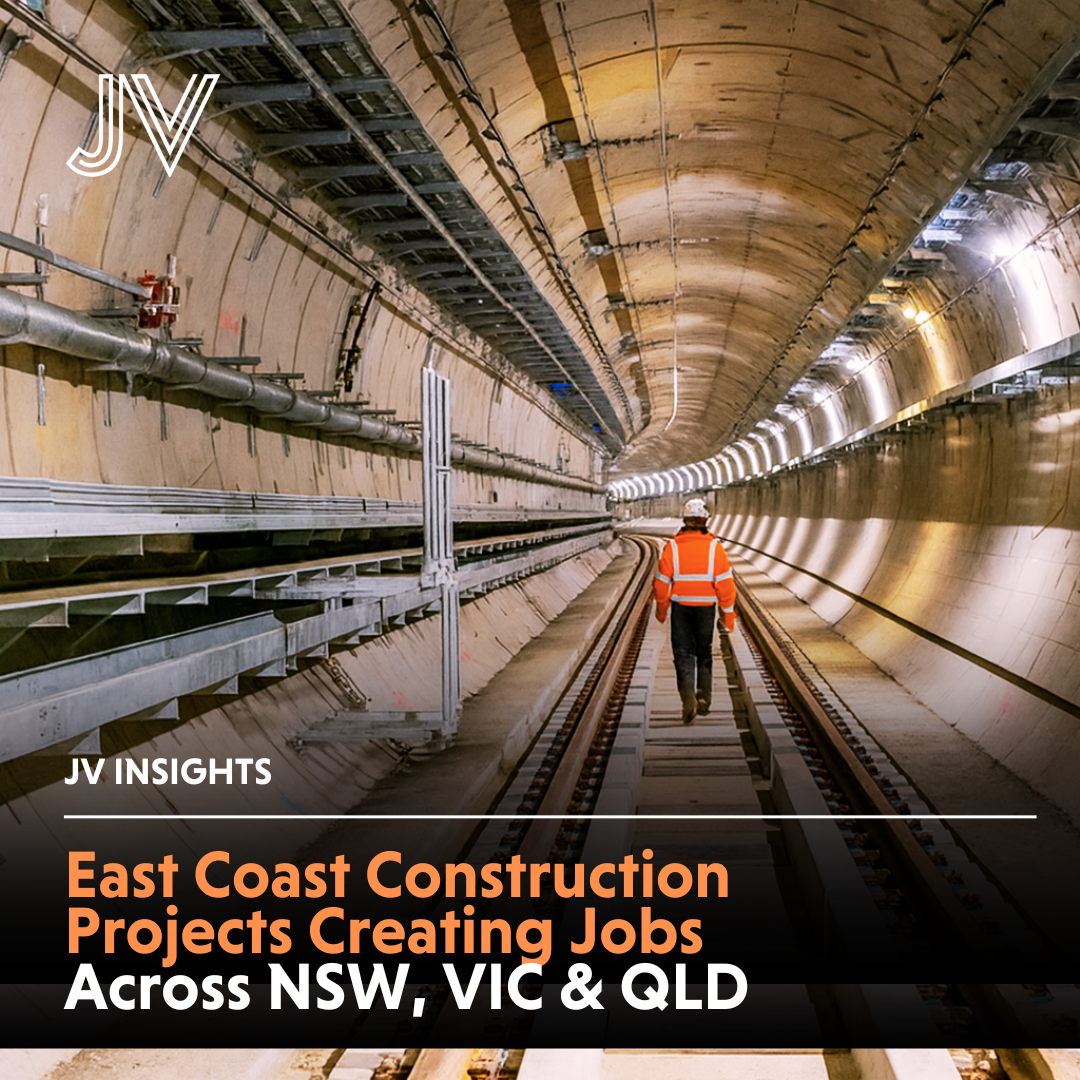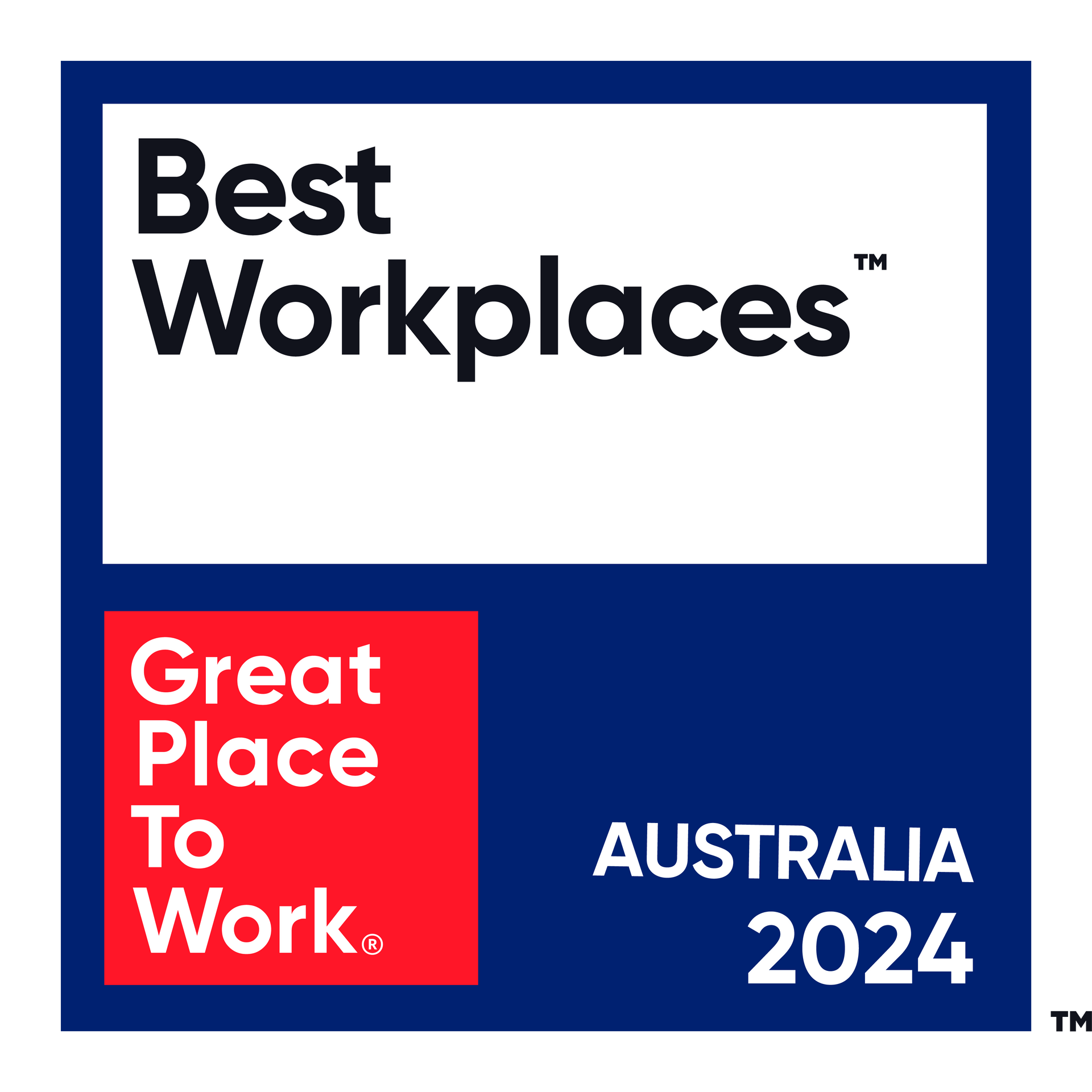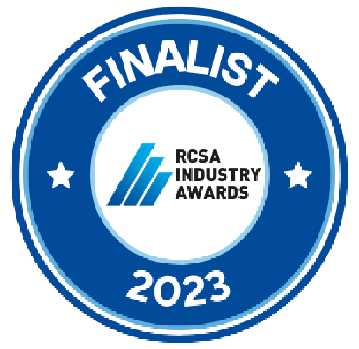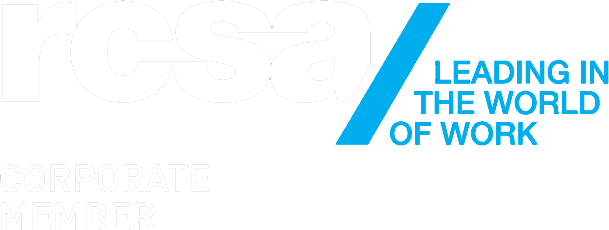How to Keep Your Traffic Management Team Safe
Site safety in traffic management can never be left to chance. It’s one area where everyone needs to be on the ball constantly, as even the smallest error can be fatal.
Official statistics demonstrate how important traffic management is to work site safety. While workplace-related deaths in Australia have declined significantly over the past 10 years, vehicle collisions are the leading cause of death on sites (a whopping 28% of total fatalities).
With so much at stake, it is vital to regularly review traffic management plans and ensure all workers are protected.
Whether you are operating on sites in Melbourne, Sydney, Brisbane and the Gold Coast and beyond, you need to factor many potential hazards and regulations into traffic control strategies. We’ll highlight the main areas of concern for a traffic management team on site.
Traffic Control and Flow
Every traffic management plan will have provisions for managing traffic flows — the movement of public traffic through and around the site and the flow of site traffic within and around the work zone (including workers, trucks and heavy equipment).
To help traffic management teams and other workers avoid the path of vehicles, it’s best to establish designated walkways. Implement appropriate signage, use barriers or cones to direct traffic safely, and keep a buffer between the traffic management team and traffic.
Each work zone should feature prominent signage that signals to drivers where the work zone starts and ends. Wherever necessary, use flaggers or traffic marshals to direct traffic.
Emphasise Worker and Driver Safety
ABS data shows that drivers in Australia have one of the highest rates of work-related injuries, which stresses the need for employers to allocate adequate resources for driver safety and protection.
All individuals operating vehicles or equipment must be fully licenced and trained to carry out their work and manage hazards. It’s also important to support a work site culture where sensible driving is encouraged and speed limits are enforced.
Ensure also that workers’ PPE is present and correct: helmets, gloves, the right footwear, high visibility vests and any other type of kit that is required for working on site.
Communication
Does the traffic management team have two-way radios in working order? Are all employees aware of who to contact and how to reach them when something goes wrong? A well-organised communication system is vital for every traffic management team, not just for safety, but also to keep stress levels down!
Depending on the area the site is located and the size of the operation, you may need to factor in public awareness as part of the traffic safety plan. This means informing the public about construction activities and potential disruptions by working with the local council and neighbouring properties in advance.
Visibility and Lighting
Adequate lighting is critical to ensure site safety in traffic management. Pay attention to the level of visibility around the site both day and night to ensure that workers, vehicles, and pedestrians are easily seen.
If normal lighting conditions are limited or absent, make provisions for temporary lighting (like floodlights and portable light towers) to keep work areas properly illuminated. Remember, high vis exists for safety, rather than fashion reasons! Make sure every worker is visible on-site to avoid accidents.
Ensure all blind spots are identified as early as possible. As vehicle reversing incidents are the most common type of workplace-related crashes, thinking like a driver is an effective way to visualise blind spots and address them.
Don’t forget vehicle lighting in the safety equation. Address any faults with headlights, taillights, and flashing lights as soon as they’re identified.
Emergency Planning
To be effective, a traffic management team will always include emergency and contingency protocols as part of their safety plans. Employees on site should be aware of what steps they must follow in the event of an accident or natural disaster.
Mapping out evacuation routes, access for emergency vehicles and communication protocols are all required for emergency planning.
WHS Delegation and SWMS
Site safety in traffic management always includes compliance with laws and regulations. Managers will know who is responsible for obtaining necessary permits, while ensuring the site adheres to zoning restrictions and workplace regulations.
Remember that any site that includes work on or next to a public road requires businesses to complete a Safe Work Method Statement (SWMS), as this activity is classified as high-risk construction work.
While all employees should be appropriately trained in workplace safety, knowing who has safety officer responsibilities for the site is also critical. If you are a small business owner or operator who makes decisions on behalf of the business, it’s likely you will be responsible for ensuring the company meets its WHS duties under Australian law.
Anyone who is a designated safety officer should be able to identify traffic-related hazards and how to eliminate them, inspect the site for safety issues, and be the contact for safety concerns and accidents.
Training and Certifications
Site safety in traffic management is impossible without worker training. This is one area where it pays for managers to be strict, as proper training not only makes everyone safer, but can also help manage liabilities and other issues when a safety incident occurs.
Ensure employees are trained on traffic safety protocols for work sites, so they can work in harmony with traffic management teams. This includes following their instructions regarding movement, stopping points, and potential hazards.
Ongoing Evaluation and Improvement
Last but not least on the list is regular monitoring and evaluation, which is necessary to identify risks and areas for improvement.
Traffic management plans are not set in stone, as adaptations always need to be accounted for before work begins and during the project.
Collecting feedback from workers, motorists and pedestrians can help also address potential issues and enhance safety measures.
Ongoing evaluation also encourages a culture of continuous learning and innovation. It’s the best way to learn from experiences and identify best practices.
Get Extra Help
Ensuring site safety in traffic management helps ensure workers can get home each day safe and sound. Good traffic management teams will know how to plan ahead, communicate effectively and respond to issues quickly.
Looking to hire a great traffic management team filled with professionals who know their stuff? Look no further than JV Recruitment. We help employers across Melbourne, Sydney, Brisbane and the Gold Coast find the traffic management experts they need to make each project a success. Contact us today to get started.








